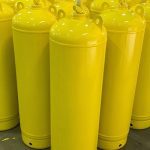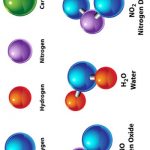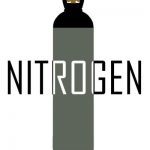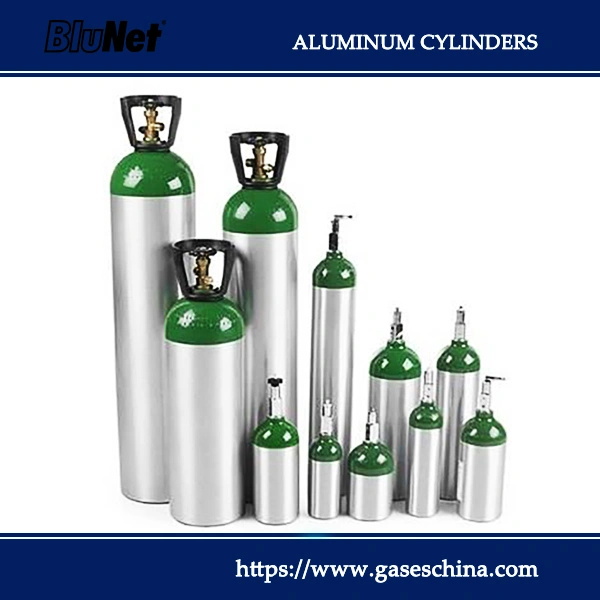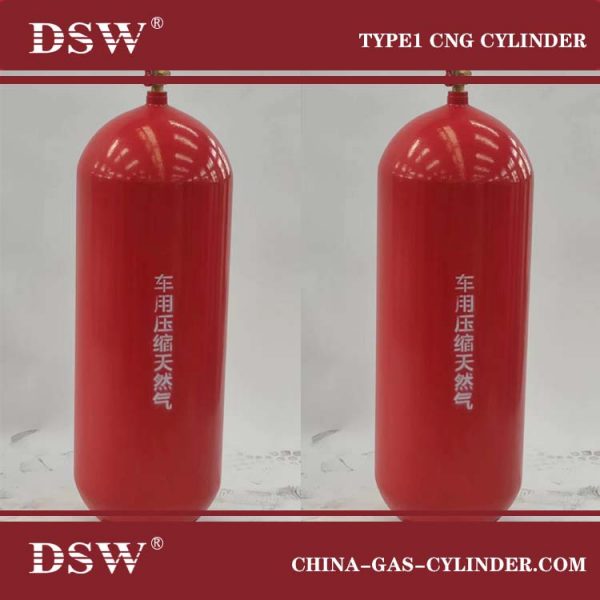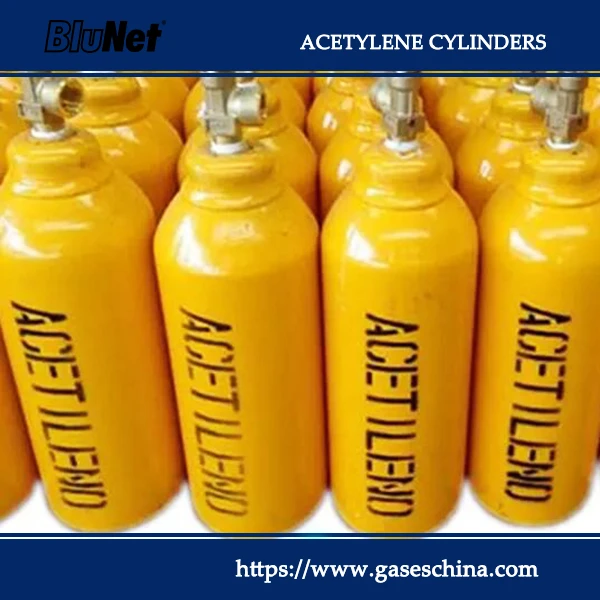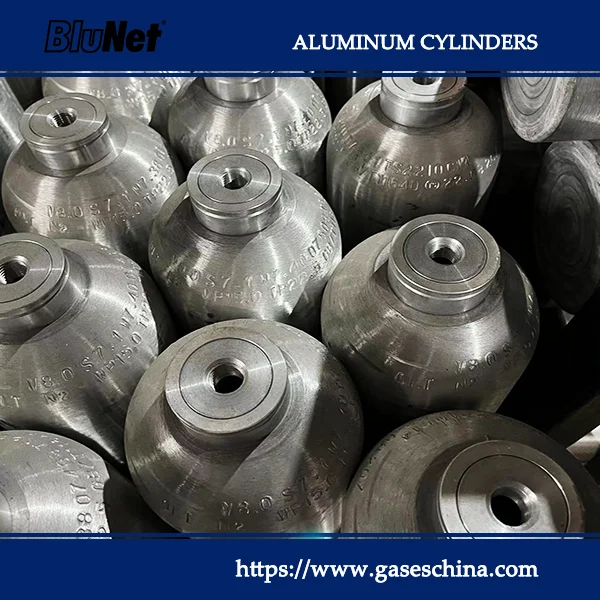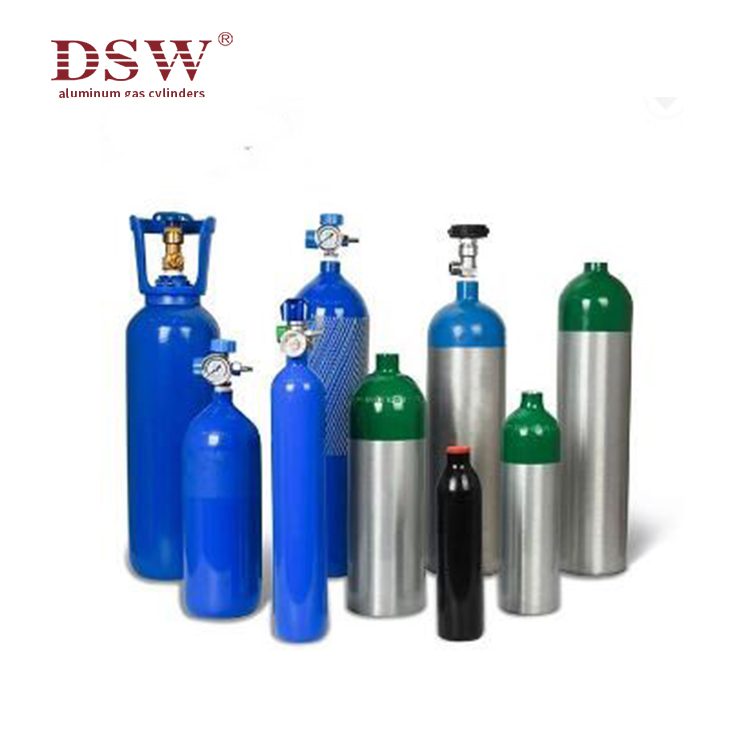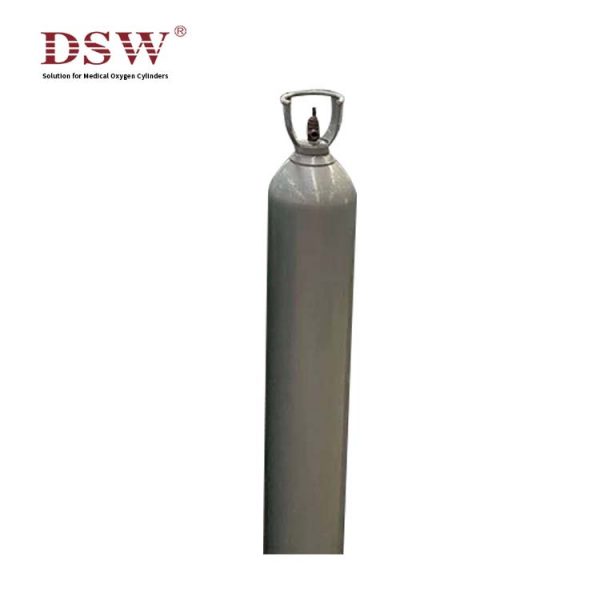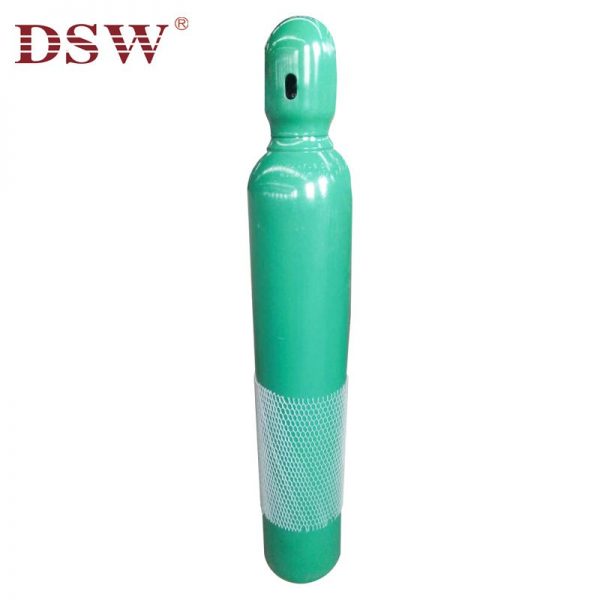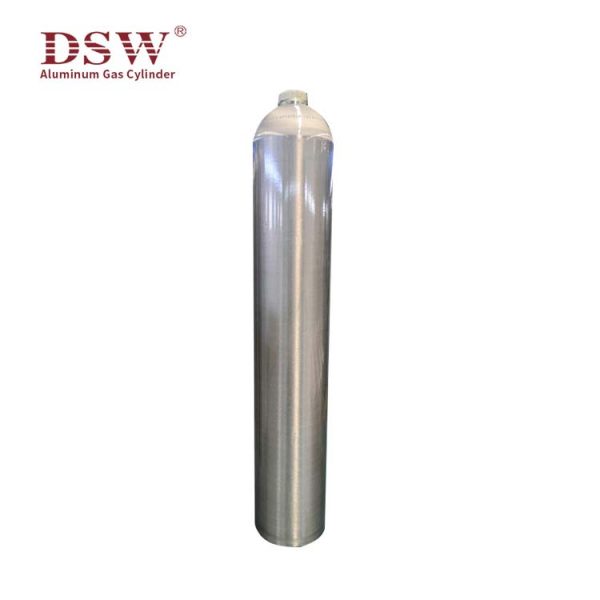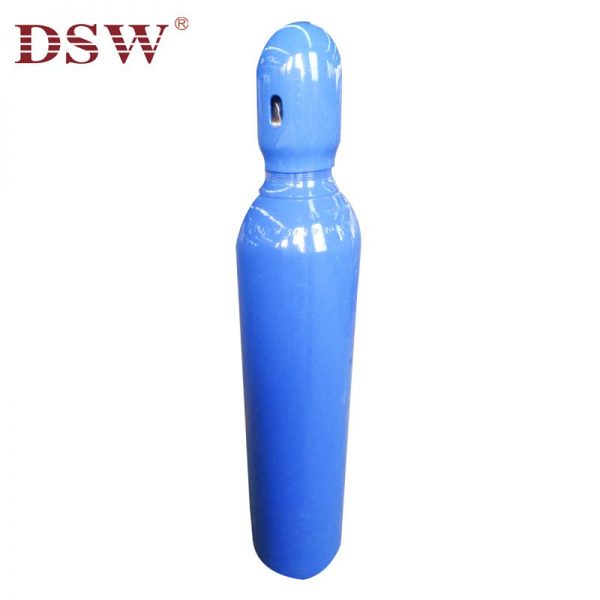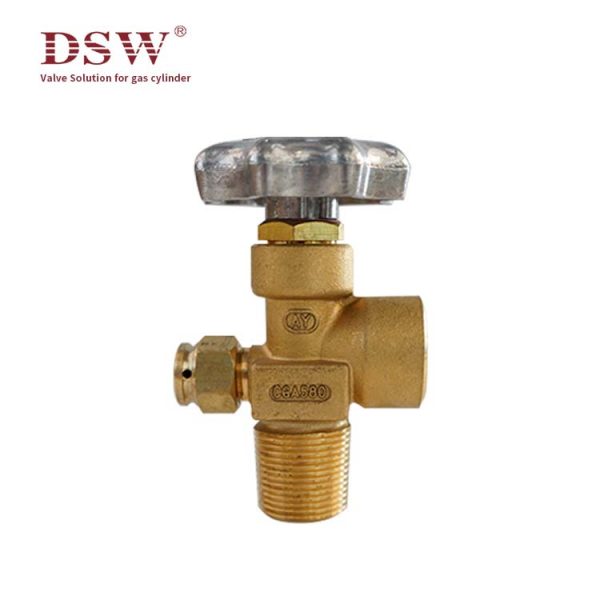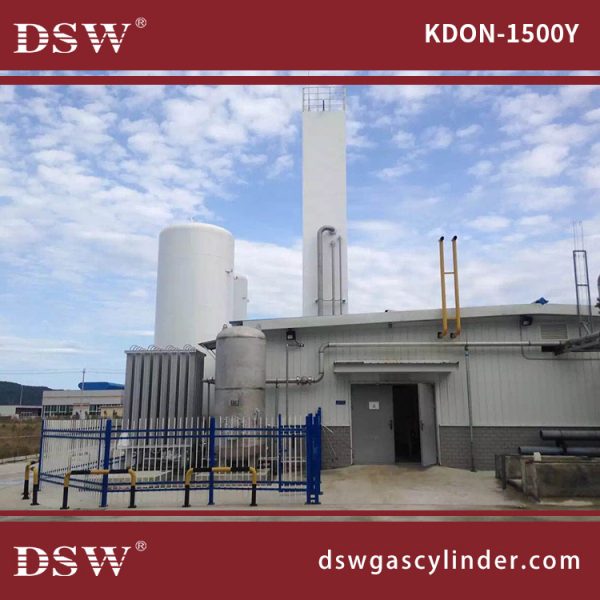Aluminum Cylinders with TPED/DOT/GB
DSW Industry offers various aluminum cylinders for transporting and storing industrial gas, medical oxygen, food and beverage-grade gas, and alternative aerospace gases.
Compliance with global regulatory standards is critical for international trade. Aluminum cylinders with TPED, DOT, and GB certifications offer a reliable and compliant solution for businesses operating across borders.
Applications: Aluminium cylinders are also used to store ultra-high-purity gases for various applications, including electronics manufacturing, speciality and calibration gas, industrial gas, medical oxygen, food and beverage-grade CO2, SCUBA, fire and rescue operations, alternative fuel, and aerospace.
Aluminum Tanks Specification chart

TPED/DOT/GB Aluminum Gas Cylinders
Aluminum also has a lower chance of sparking, which makes it ideal for holding gas.
Because aluminum passes cylinder inspection so frequently, it’s less likely to rust, making it preferable to steel.
The three most significant advantages of aluminum’s numerous attractive qualities are its lightweightness, toughness, and corrosion resistance.
Any operation that handles gas cylinders may have to lift dozens or even hundreds of canisters simultaneously.
One of the most important factors is how easily the tanks can be transported and stored.
The cylinders are also under tremendous pressure; any break or puncture could result in a hazardous situation.
Aluminum is sturdy and long-lasting enough to endure accidental knocks and hits without significant harm.
Last but not least, the materials included in gas cylinders can be very toxic and harm the metal, especially over time.
Aluminum alloys provide exceptional corrosion resistance for the metal canisters, the metal valves, and other parts utilized with the cylinders.
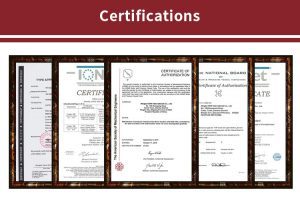
The benefits of aluminum alloy application on gas cylinders
Aluminum alloys offer several advantages over steel for gas cylinders: lighter weight, improved corrosion protection, low-temperature resistance, and the potential to be recycled at end-of-life.
Good Heat Transfer
Aluminum alloy’s thermal conductivity is many times greater than that of steel. It is second only to copper in terms of thermal conductivity.
High Specific Strength
Compared to steel, aluminum has a higher specific strength and is a more common structural material.
Higher explicit-strength materials can result in lighter equipment for portable gas cylinders, reducing energy consumption and transport expenses.
Low-Temperature Resistance
The crystal structure of aluminium alloy is face-centred cubic.
Because the face-centered, cubic crystal structure exhibits a strong coordination ability, aluminum alloy gas cylinders are not prone to brittle cracks when used in shallow temperatures.
Furthermore, aluminium’s strength and lightness, along with its mechanical properties, remain unaffected. Aluminium alloy can resist low temperatures below -269°C without special requirements.
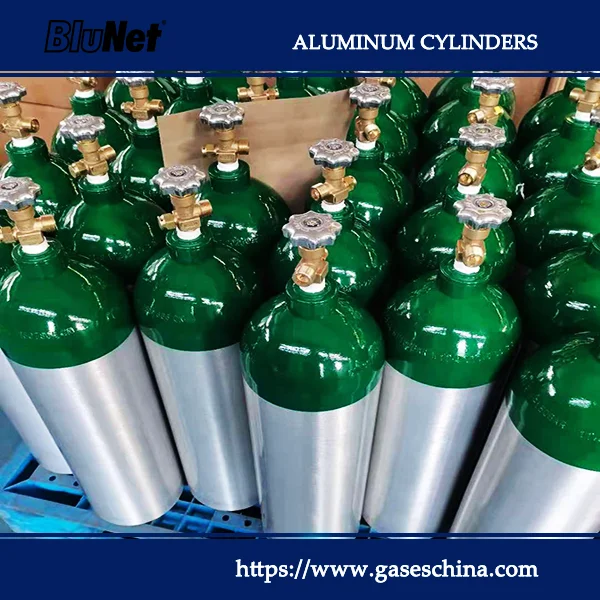
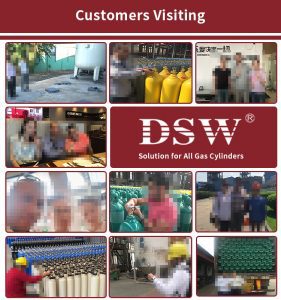
Manufacturing Processes of Aluminium Bottles
- Punching and Drawing: This is the primary method for producing seamless aluminium alloy gas cylinders. It involves heating an aluminium billet, punching it into a short, thick cup, and then drawing and closing it to form the final shape.
- Cold Extrusion: Cold extrusion creates seamless aluminium cylinders by pressing the billet at room temperature, followed by closure. While cost-effective and straightforward, this method requires high-tonnage presses.
- Deep Drawing: This process draws an aluminium plate into a long, cup-shaped form before sealing one end. Although it offers a consistent wall thickness, it has a low material utilisation rate and high production costs, making it less popular among manufacturers.
- Spinning: Spinning involves forming bottles from aluminium alloy plates. It allows for significant plastic deformation—over 70%—in a single session, eliminating the need for multiple drawing and annealing steps. This method is particularly suitable for small-batch production and complex shapes.
Applications Across Industries
Our aluminium cylinders are suitable for a wide range of gas applications, including:
- Medical Oxygen: Portable and stationary use in hospitals, ambulances, and home care.
- Specialty Gases: Laboratory, calibration, and electronic gas applications.
- Industrial Gases: Welding, cutting, and laser gas storage.
- Breathing Apparatus: Firefighting and SCBA equipment.
- Beverage Gases: CO₂ for beer and soft drink dispensing systems.

